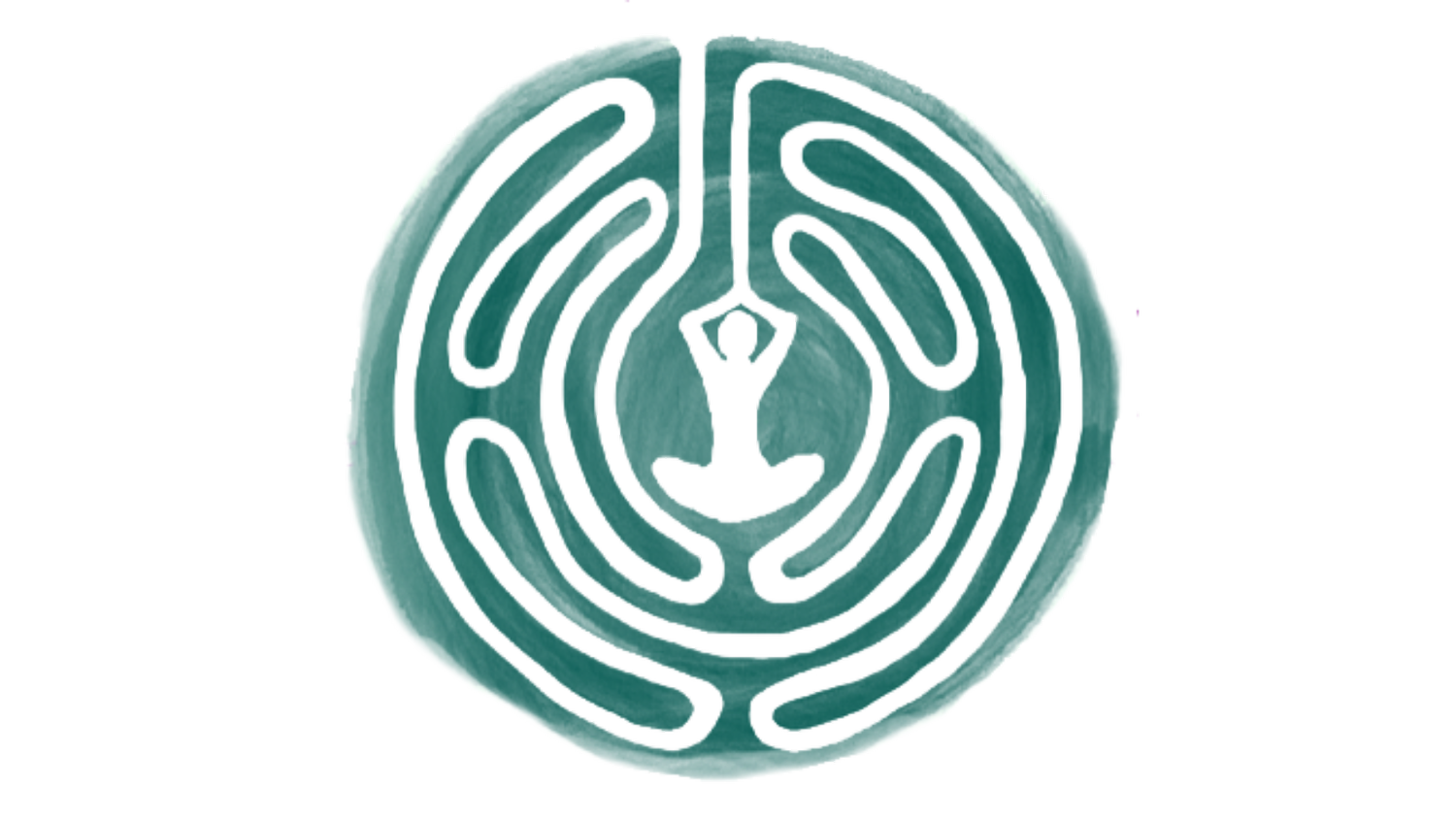From Emotion to Action: A First Step in Taking Your Contemplative Practice Off the Mat
Sometimes we just want someone, or something, to tell us what we need to do next. We wish for some concrete direction, like the kind provided in the walk signal above. When should we pause and reflect, and when should we move forward? How do we do it safely? Amy offers some advice in this post. Read on!
If you’ve looked at social media, viewed news casts, or watched videos of police brutality, and protests, you know the anger, sadness, fear, and even hope present in our communities. Maybe you feel all those emotions in yourself. Sometimes events like the ones we’re living through galvanize us, and we find ourselves signing petitions, showing up to protests, posting on social platforms, and talking to anyone who will listen (and even those who won’t).
But other times the level of emotion we feel can be overwhelming and we find ourselves stuck, or frozen, not knowing where or how to begin. The call to “Act Now” can be daunting and scary and confusing. Sometimes the sheer urgency of the call to “Act Now” can be a block.
Different Responses
Our response to the current global pandemic, police brutality, systemic racial injustice, and the unique circumstances of our own lives will be different for each of us. Sometimes that difference is based on race, and historical and generational trauma. One example can be viewed in the forthcoming book Black Fatigue: How Racism Erodes the Body, Mind, And Spirit written by Mary-Frances Winters. Winters is a thought leader in the field of diversity and inclusion, and in this work she discusses the physical and psychological effects of systemic racism on Black people. As a white person, I’ve not suffered the negative effects of systemic oppression, bias, prejudice or racism. I’ve had access to the deep rest that yoga practice offers, and the time for me to act, even though I might not know the best way forward or feel confident, is now. So I start with the contemplative practices I’ve had access to as a way to ground and center myself for the work ahead.
How Contemplative Practices Help
I continue with my contemplative practices because they sustain me and fuel my action. I take my emotions to my yoga mat, meditation cushion, and conversations with God as a way to acknowledge, integrate, and act on them.
I know God isn’t afraid of anything I bring to our relationship, so I take it all. And then I listen for the answers, first in my mind, then my heart, then in the cave of my heart, the deepest place.
A First Step Off the Mat
If you’re a white person without a background in activism (like me), one first step is sharing the story of your own inner work educating yourself on your role in oppressive systems. Read challenging texts, and as you sit with your reactions, contemplating them, you can share that experience. If you notice that you get defensive when engaging the discourse on racial and social justice, if you really have a difficult time acknowledging your privilege, ask yourself what that means. Then start a conversation with another white person and ask if they’ve ever felt that way. Then just listen to them. And be quiet.
Share a bit of your own inner experience with the work. Then just listen.
For more ideas, check out this article by Allison Aubrey, Beyond Protests: 5 More Ways to Channel Anger Into Action To Fight Racism.
It can be hard to know how to begin, how to stop being stuck. I try to remind myself that all of life is a beginning, and every moment of everyday I can begin again. I can plan and plan and plan, but if I am committed to social justice throughout my life, I also need to take one day at a time. This helps me to get unstuck.
Everyday each of us has a choice to wake up and make a positive difference in the world. So let’s keep practicing.
May you be blessed in your practice and in your action.

